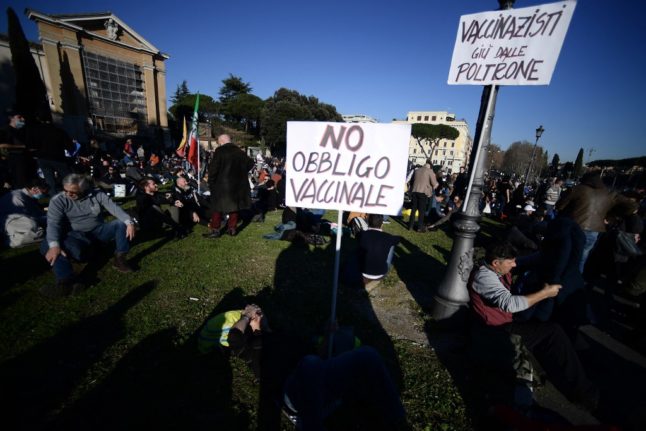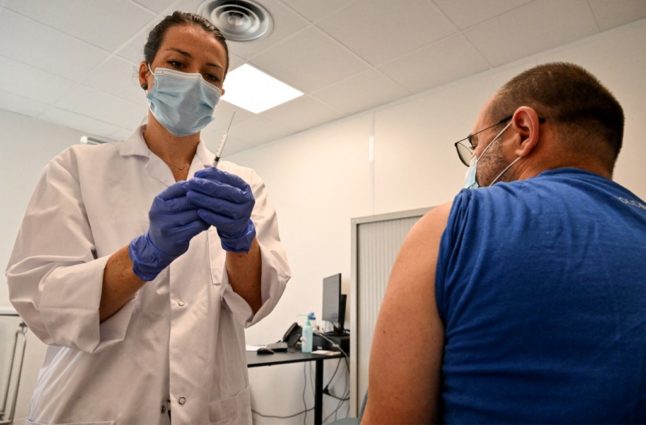Braun has called on people to get vaccinated and announced possible restrictions in the autumn for those who haven’t had their jabs.
There are two arguments in favour of vaccination, the CDU politician and Angela Merkel’s crisis manager told Bild am Sonntag: it offers up to 90 percent protection against serious illness with Covid-19 and “vaccinated people will definitely have more freedoms than those who have not been vaccinated”.
As long as the vaccines against the Delta variant continue to work so well, a classic lockdown would no longer be necessary, he said. But if Germany were to get a high fourth wave, that would be bound to have an impact, he said.
“”In the event of a high infection rate despite testing, unvaccinated people would have to reduce their contacts,” he explained.
“That could also mean that certain things, such as visiting restaurants, cinemas and stadiums, would no longer be possible even for unvaccinated people who have been tested because the residual risk is too high,” he said, adding that this would be permitted by law.
“The State has a duty to protect the health of its citizens,” he explained.
“This includes a health system that does not have to postpone cancer and joint operations again in winter to treat Corona patients. And that includes protecting those who are not vaccinated.”
Braun said he also feared an increase in the incidence rate to 850 with 100,000 new infections daily by the federal election on September 26th, Bild reported.
The seven-day incidence rate is currently 13.8 per 100,000 residents.
He said this would cause sickness rates to reach historic highs and would mean that all unvaccinated contact persons of an infected person would have to quarantine.
“The effects on work processes in companies would be huge. We are already seeing that in the UK,” said Braun.
If the incidence rate increases as expected, it would also be very difficult to keep infections out of schools, he said.
“It is therefore very clear to me: parents, teachers, caretakers and school bus drivers have to be vaccinated. If these groups are all vaccinated, there is a lower risk for the children.”
In addition, the requirement to wear masks should consistently apply on buses and trains and in school lessons, where it is not possible to keep a safe distance and where ventilation is insufficient.




 Please whitelist us to continue reading.
Please whitelist us to continue reading.
Member comments